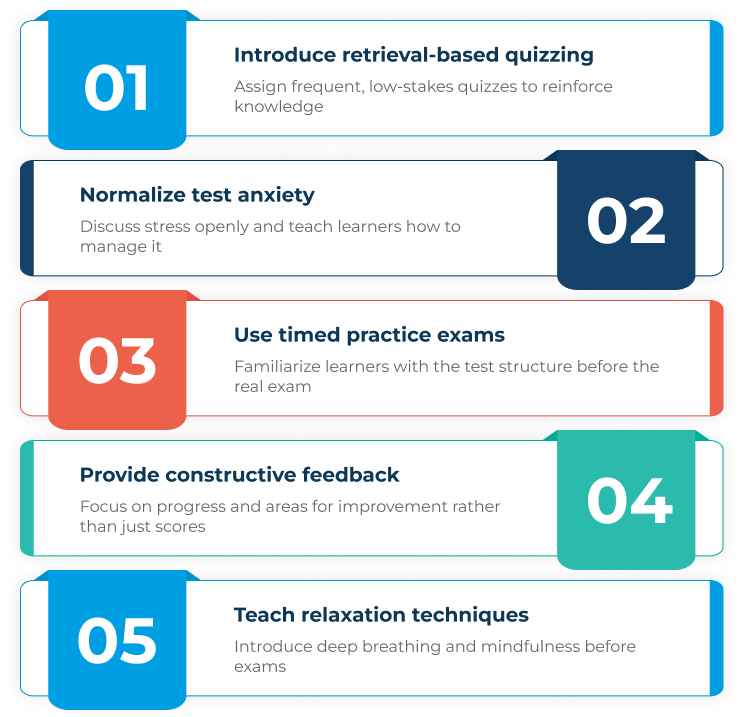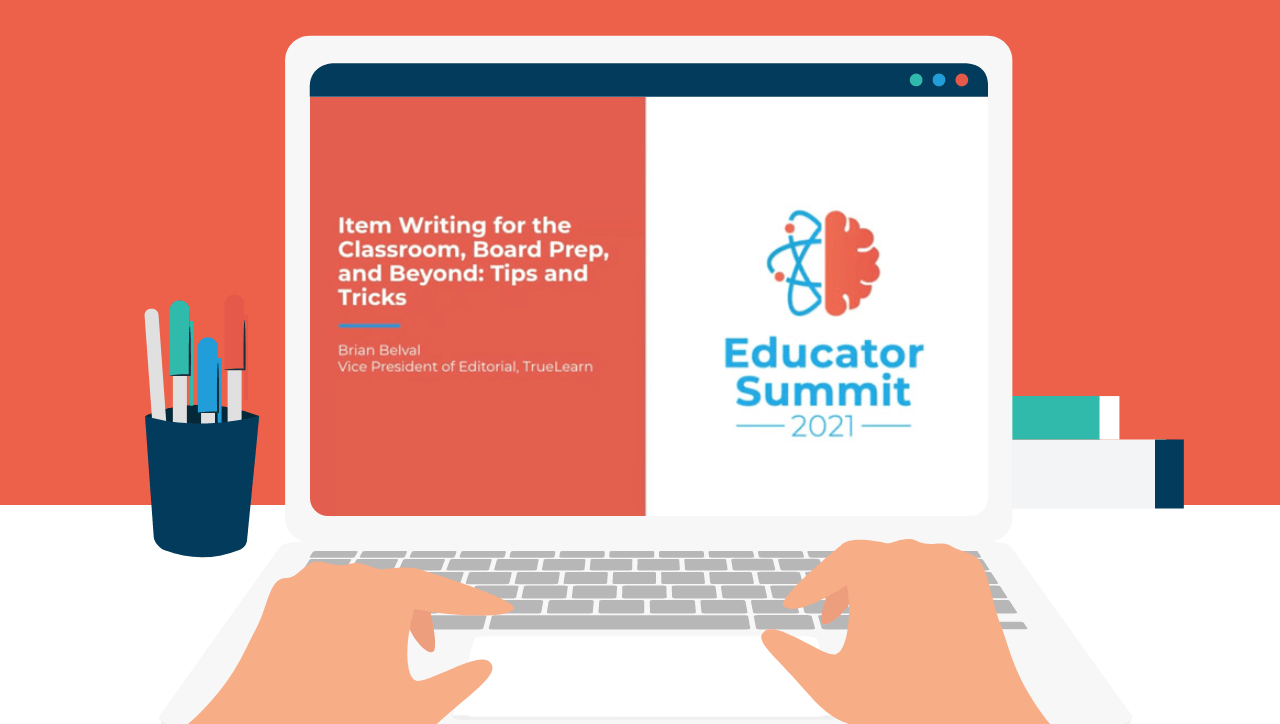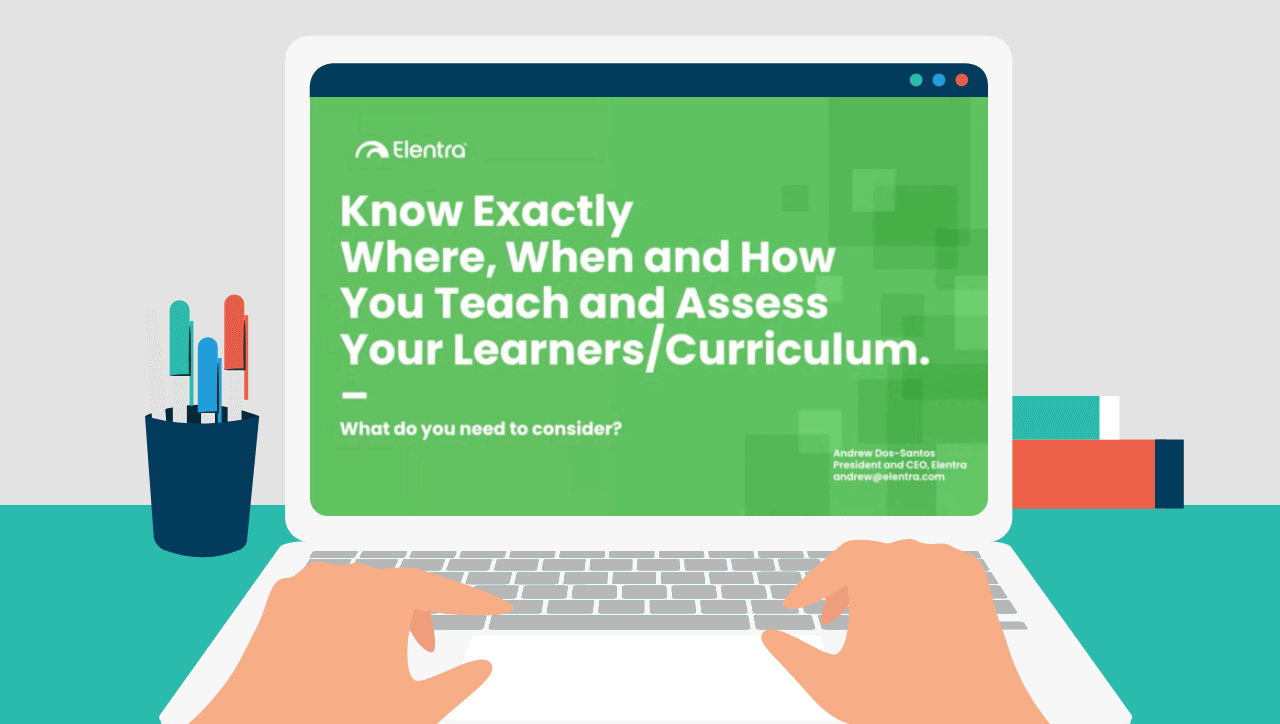Strategies to Improve Test-Taking Skills in Healthcare Learners
Test anxiety is a significant concern among healthcare learners, affecting those in medical school, residency, nursing, and allied health disciplines. Given the rigorous curriculum and high-stakes nature of licensure exams, many learners experience heightened stress levels that interfere with memory recall, clinical decision-making, and overall performance. But with the right test-taking skills, this anxiety can be reduced and learners can become confident in themselves.
Research indicates that test anxiety is highly prevalent among healthcare learners, with studies showing that 83% of medical students experience higher-than-normal state anxiety, while 56% report high trait anxiety.1 This issue is especially pronounced in high-stakes licensure exams, where heightened stress levels can impair focus, decision-making, and overall performance.2
The impact of test anxiety goes beyond test day, affecting long-term learning retention and clinical readiness. Research has shown that learners with high test anxiety tend to underperform on assessments, even when they have strong foundational knowledge.3 This underscores the importance of addressing test anxiety early in a learner’s educational journey.
As healthcare educators, supporting learners in developing strong test-taking skills and managing anxiety effectively can enhance not only their exam performance but also their ability to apply knowledge in clinical settings. By integrating proven study strategies, structured test preparation, and a supportive learning environment, educators can help learners optimize both their academic outcomes and their long-term professional success.
Ways to Improve Test-Taking Skills
Success on high-stakes exams requires more than just content mastery. Effective test-taking strategies can enhance knowledge retention, reduce cognitive overload, and help learners apply what they have studied under time constraints. To ensure learners are adequately prepared, educators should introduce structured learning techniques that reinforce memory retrieval and improve overall exam performance.
One proven way to improve test performance is through active learning techniques. Many healthcare learners are still relying on traditional studying methods, such as re-reading notes or highlighting textbooks, which have been shown to be far less effective than evidence-based learning strategies like retrieval practice and spaced repetition.
Retrieval practice, which involves actively recalling information rather than simply reviewing it, has been shown to enhance long-term memory retention and improve recall during exams. This can be implemented through practice quizzes, flashcards, and case-based learning activities.
Spaced repetition further strengthens memory retention by gradually increasing the intervals between reviewing material, allowing learners to reinforce their knowledge over time rather than cramming before an exam. Educators can incorporate spaced repetition into their curriculum by structuring review sessions that reintroduce previously learned concepts at regular intervals.
In addition to retrieval-based learning, practice testing plays a critical role in helping learners familiarize themselves with the exam format and question structure. Many learners experience test anxiety due to uncertainty about what to expect on the exam.
By integrating timed practice exams using board-aligned test items, educators can help learners improve their pacing and develop effective test-taking strategies, such as eliminating incorrect answer choices and managing time effectively. Studies have shown that learners who complete practice tests perform significantly better on summative assessments, as they become more comfortable with applying knowledge under exam conditions.
Encouraging early and consistent studying also plays a key role in test preparation. Last-minute cramming not only increases stress levels but also reduces knowledge retention. Educators can guide learners in developing personalized study plans that promote consistent engagement with material over time. By reinforcing structured preparation methods, educators help learners build confidence and reduce the anxiety associated with high-stakes testing.

From Overwhelmed to Empowered: Creating Effective Study Plans for Healthcare Professionals
Watch our on-demand webinar to learn how to build personalized study plans that boost learner confidence, reduce exam anxiety, improve readiness, and drive exam success using results-driven strategies.
How to Reduce Test Anxiety for Learners
While strong study habits improve performance, test anxiety remains a major barrier for many healthcare learners. Addressing this issue requires both psychological and instructional interventions and strategies that help learners develop confidence in their abilities.
Beyond study strategies, managing test anxiety also involves addressing physiological responses. Techniques like deep breathing and mindfulness have been shown to regulate stress levels. Additionally, research suggests that listening to calming music before or during an exam can lower physiological stress responses,4 such as increased blood pressure, and create a more focused test-taking environment.

Fostering a Supportive and Understanding Learning Environment
The way learners perceive their exams is heavily influenced by the educational environment created by their instructors. Learners are more likely to manage test anxiety effectively when they feel supported and understood by faculty.
Faculty approachability and a willingness to work closely with struggling students have been linked to improved outcomes and increased confidence during high-stakes assessments. Normalizing conversations about test anxiety and reassuring learners that it is a common experience can help reduce feelings of isolation. When students understand they are not alone in their challenges, they are more likely to seek support and adopt effective strategies to manage their stress.
Building positive educator-learner relationships also plays a crucial role in alleviating anxiety. A supportive environment encourages learners to ask for help, seek clarification, and feel comfortable addressing their academic concerns. Providing constructive and timely feedback is equally important. Rather than focusing solely on test scores, feedback should highlight areas of improvement while reinforcing what learners are doing well. This approach shifts the focus from grades to growth, helping learners develop a mindset that views exams as opportunities for learning rather than as high-pressure evaluations.
Excessive emphasis on high-stakes testing can also contribute to test anxiety. While licensure exams are critical, balancing assessments with other forms of evaluation, such as formative quizzes, case discussions, and clinical assessments, can provide a more comprehensive measure of a learner’s abilities. Additionally, creating a relaxed testing environment—minimizing distractions, offering clear instructions, and ensuring learners feel prepared—can further reduce anxiety and improve focus during exams.
Reframing the Perspective on Testing
Many learners view exams as judgments of their intelligence or potential, which amplifies stress and undermines confidence. Educators can help learners shift this perspective by framing exams as learning tools rather than as final evaluations. This mindset shift is particularly important in healthcare education, where the ability to apply knowledge in clinical settings matters more than achieving a perfect test score.
One way to change this perception is by helping learners focus on progress rather than perfection. Encouraging learners to track their improvements over time, rather than fixating on a single exam result, fosters resilience and motivation. This aligns with the growth mindset approach, which emphasizes that intelligence and skills are developed through effort and learning from mistakes.
Providing structured post-exam reflection exercises promotes self-reflection, helping learners gain insight into their strengths and areas for improvement. When students analyze their performance in a constructive, non-punitive manner, they develop the ability to self-correct and refine their study habits—skills that contribute to long-term academic success.
Quick Action Plan for Educators
To help learners improve their test-taking skills and reduce anxiety, educators can integrate these strategies into their curriculum:

Healthcare educators play a crucial role in helping learners navigate the challenges of high-stakes testing. By implementing retrieval-based learning, spaced repetition, and structured test preparation, educators can equip learners with the tools needed to retain knowledge effectively and build confidence in their test-taking abilities. Additionally, fostering a supportive learning environment and reframing the perspective on testing allows learners to approach exams with a sense of readiness rather than fear.
Ultimately, exam performance is not just about knowledge—it is about strategy, confidence, and preparation. When educators integrate evidence-based learning strategies into their teaching, they set learners up for success not just in exams but in their future clinical practice.
To reduce exam anxiety and drive exam success, educators can leverage TrueLearn’s cognitive science-driven platform, which integrates adaptive technology, high-quality board-style questions, and predictive analytics.
References & Footnotes
1 Macauley K, Plummer L, Bemis C, Brock G, Larson C, Spangler J. Prevalence and predictors of anxiety in healthcare professions students. Health Prof Educ. 2018;4(3):176-185. doi:10.1016/j.hpe.2018.01.001.
2 Guerrasio J, Nogar C, Rustici M, Lay C, Corral J. Study skills and test taking strategies for coaching medical learners based on identified areas of struggle. MedEdPORTAL. 2017;13(1):10593. doi:10.15766/mep_2374-8265.10593.
3 Ferreira É de MR, Pinto RZ, Arantes PMM, et al. Stress, anxiety, self-efficacy, and the meanings that physical therapy students attribute to their experience with an objective structured clinical examination. BMC Med Educ. 2020;20(1):296. doi:10.1186/s12909-020-02202-5.
4 Mulligan C, Hoefs M, Fischer-Camara B, Graves DF. The influence of music on the performance of graduate occupational therapy students during practical examinations. J Occup Ther Educ. 2024;8(3). doi:10.26681/jote.2024.080302.



![Strategies To Encourage Independent Strategic Learning [Educator Webinar]](https://truelearn.com/wp-content/uploads/2021/06/Educator-Webinar-Strategies-To-Encourage-Independent-Strategic-Learning.png)